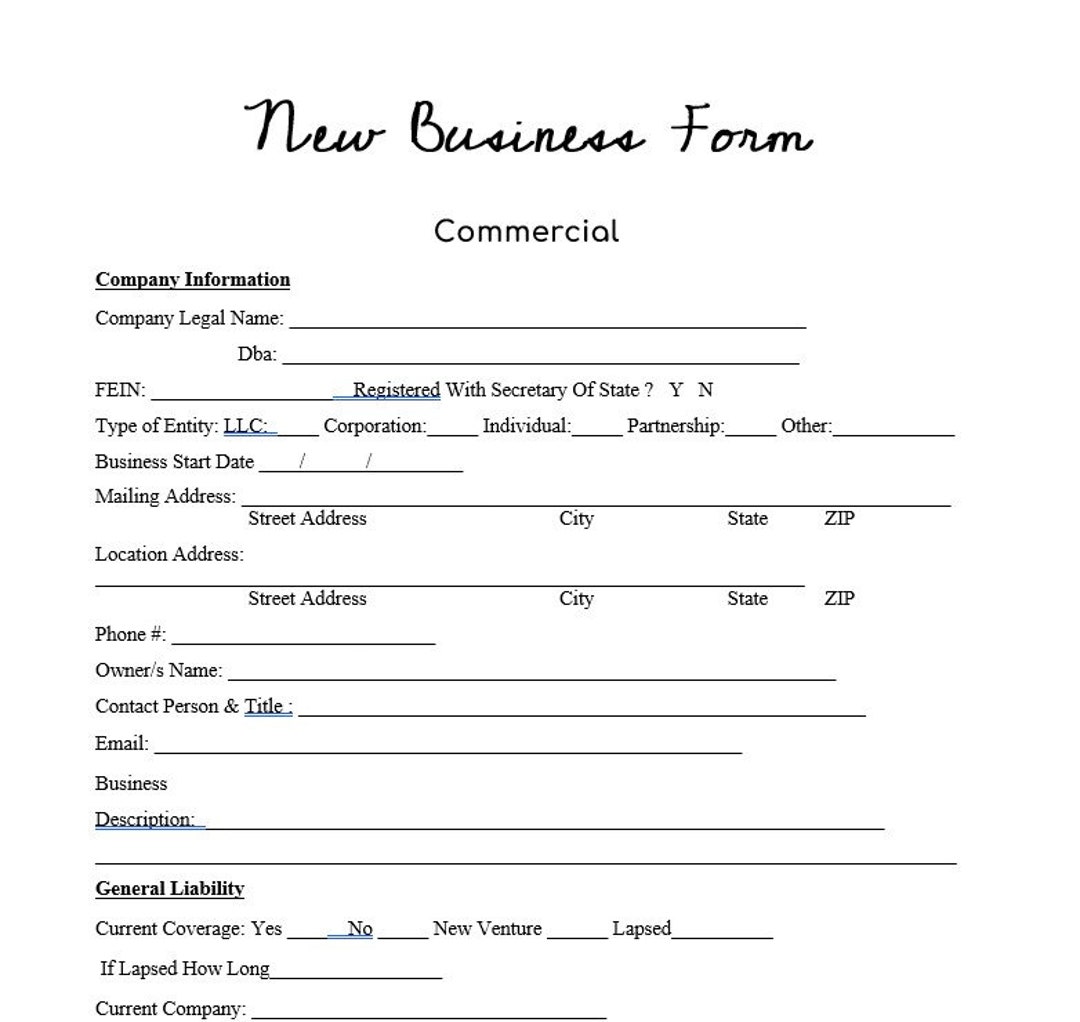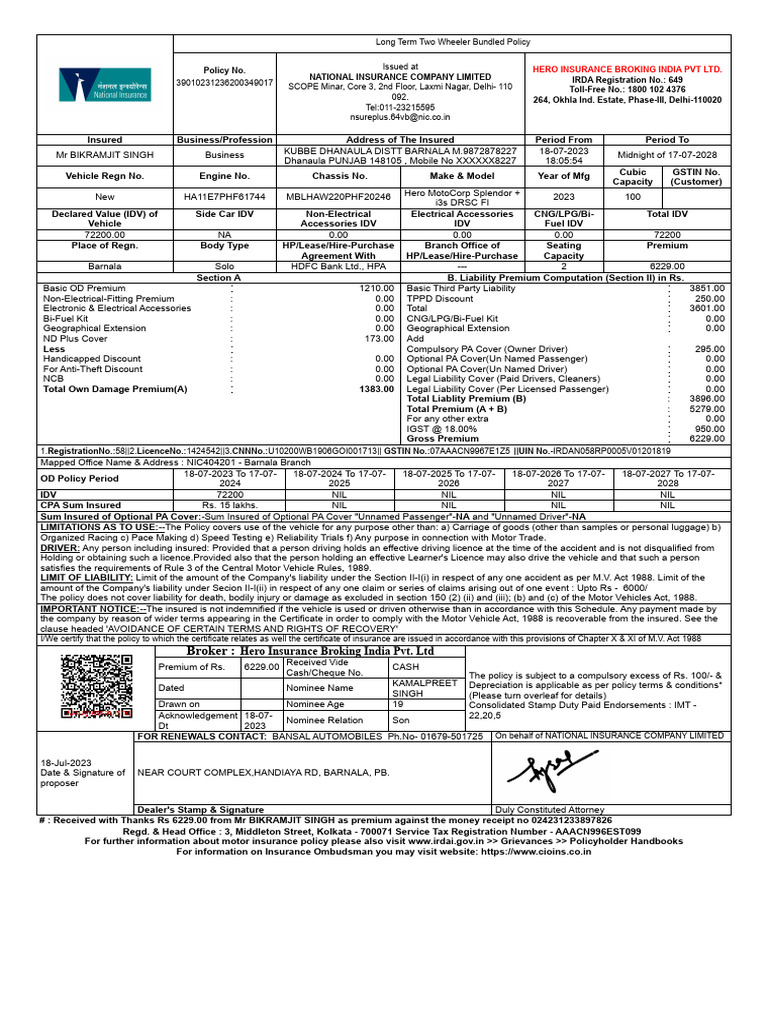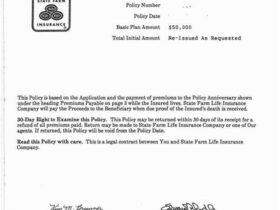Navigating the world of insurance can feel overwhelming. With countless policies and providers, finding the right coverage at the right price requires expertise. That’s where an insurance broker comes in. This article will provide a comprehensive guide to understanding what an insurance broker is, what they do, and how they can benefit you in the United States.
What is an Insurance Broker?
An insurance broker acts as an intermediary between you (the client) and insurance companies. Unlike insurance agents who represent a single insurance company, brokers are independent and work on your behalf. They assess your insurance needs, search the market for suitable policies, and present you with options that fit your specific requirements and budget. In essence, they are your trusted advisor in the complex world of insurance.
Key Functions and Services Provided by Insurance Brokers

Insurance brokers offer a wide range of services designed to simplify the insurance process and ensure you get the best possible coverage. Their expertise extends far beyond simply finding policies; they act as risk managers and advocates. Here are some key functions:
- Risk Assessment and Profiling: A broker begins by understanding your unique needs and potential risks. This involves analyzing your personal circumstances, business operations, or assets to identify areas that require insurance coverage.
- Policy Comparison and Market Analysis: With access to multiple insurance providers, brokers compare policy features, exclusions, premiums, and service levels. This comprehensive market analysis ensures you receive competitive pricing and coverage that aligns with your specific requirements.
- Negotiating on Your Behalf: Brokers leverage their industry knowledge and relationships with insurers to negotiate favorable terms and premiums. They act as your advocate to secure the best possible deal.
- Claims Support and Ongoing Service: The broker’s role doesn’t end after you purchase a policy. In the event of a claim, they provide hands-on support, liaising with insurers, assisting with documentation, and advocating on your behalf to help secure a fair settlement. They also offer ongoing reviews to adapt coverage as your needs change.
- Expert Advice and Guidance: Insurance brokers provide expert advice on various insurance products, helping you understand complex policy terms and make informed decisions. They stay up-to-date on industry trends and regulations to ensure you have the most current information.
The Value Proposition: Why Use an Insurance Broker?

Engaging an insurance broker offers several advantages that can save you time, money, and hassle. Here are some key benefits:
- Cost-Effectiveness: Brokers often secure more competitive premiums than you might find on your own. Their access to multiple insurers and negotiation skills can result in significant cost savings.
- Market Access: Brokers provide access to a wider range of insurance products, including specialist policies that may not be available directly to the public. This allows them to find tailored solutions for your specific needs.
- Unbiased Advice: Brokers are legally and ethically obligated to prioritize your interests. They provide objective advice based on your needs, not sales targets or commissions.
- Time Savings: Searching for insurance can be time-consuming. Brokers handle the research and comparison process, freeing you up to focus on other priorities.
- Expertise and Support: Brokers provide expert guidance throughout the insurance process, from initial assessment to claims support. They are a valuable resource for navigating the complexities of the insurance market.
Understanding Different Types of Insurance Brokers

The insurance industry has a range of specializations, here’s a quick outline:
- Personal Lines Brokers: These brokers deal with insurance products for individuals and families, such as auto, home, life, and health insurance.
- Commercial Lines Brokers: These brokers focus on insurance solutions for businesses, including property, liability, workers’ compensation, and commercial auto insurance.
- Specialty Brokers: Some brokers specialize in specific industries or types of insurance, such as marine, aviation, or cyber liability insurance.
Cost Structure and Compensation Models
Understanding how insurance brokers are compensated is essential for transparency and informed decision-making. Here are the most common compensation models:
- Commission-Based Model: Brokers receive a percentage of the premium paid by the client, which is paid by the insurer. This commission is typically included in the quoted premium.
- Fee-Based Model: Brokers charge clients directly for their advisory and placement services. Fees may be fixed or hourly and are agreed upon before any work begins.
- Hybrid Model: Some brokers use a combination of commissions and direct fees. This model offers flexibility but requires clear communication to avoid any confusion about total costs.
When choosing a broker, it’s crucial to discuss their compensation model upfront to ensure transparency and alignment with your financial interests. A broker who is upfront with their compensation model is often a good sign.
Finding the Right Insurance Broker

- Seek Recommendations: Ask friends, family, or colleagues for referrals to reputable brokers.
- Check Credentials and Licensing: Verify that the broker is licensed and in good standing with the relevant state insurance department.
- Read Reviews: Look for online reviews and testimonials to get insights into the broker’s service quality and customer satisfaction.
- Interview Potential Brokers: Meet with several brokers to discuss your needs and assess their expertise, communication style, and approach to client service.
- Ask About Their Access to Insurers: Make sure the broker has access to a wide range of insurance providers to ensure you get the best possible coverage options.
Challenges and Future Trends for US Insurance Brokers
The insurance industry is constantly evolving, and brokers face several challenges in adapting to changing market dynamics:
- Digital Transformation: The rise of InsurTech and online comparison platforms is transforming how insurance is bought and sold. Brokers need to embrace technology to streamline operations and enhance customer service.
- Regulatory Compliance: The insurance industry is heavily regulated, and brokers must stay up-to-date on changing regulations to ensure compliance and protect their clients.
- Evolving Consumer Expectations: Consumers expect personalized advice, seamless online experiences, and transparent pricing. Brokers need to adapt their services to meet these evolving expectations.
By embracing these challenges and adapting to future trends, insurance brokers can continue to play a vital role in helping individuals and businesses secure the right insurance coverage at the right price.





Leave a Reply